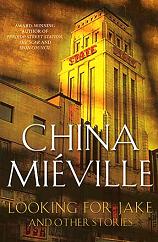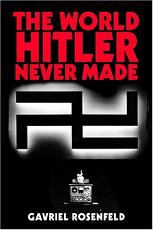
Blair’s Wars
John Kampfner
401 pages including index
published in 2004
Tony Blair is the first UK prime minister to take his country to war five times in six years. It’s this for which he will be remembered, especially for the last war he started, the War on Iraq. Yet, ccording to John Kampfner in Blair’s Wars, Blair was never that much interested in foreign policy until well after he became prime minister. It’s this seeming contradiction that forms the heart of this book, an examination of what drove Blair to go to war so often and how he managed his wars.
John Kampfner is the current editor of the New Statesman and before that was a longtime foreign correspondent for the Daily Telegraph, chief political correspondent for the Financial Times, as well as political commentator for the Today programme at the BBC. In all a fairly typical representative of the political media elite, who describes himself as leftist and whose opinions, as showcased on his website, are firmly in the mainstream of British politics, even if not necessarily shared by the British voter.
This background is echoed in Blair’s Wars: this is a book about the politics behind the wars, not the wars themselves. So there’s plenty of material about how Blair tried to get UN approval for the War on Iraq, how he succeeded or failed to persuaded the Americans to do something or to not do something, all from an insider’s point of view, with various senior advisors describing their roles in these processes. Kampfner is very good at describing the mechanics of this, but it is all treated somewhat like a ballgame, in that who wins these behind the scenes political struggles and the struggle itself is given more attention than what the outcome of such a struggle means.



